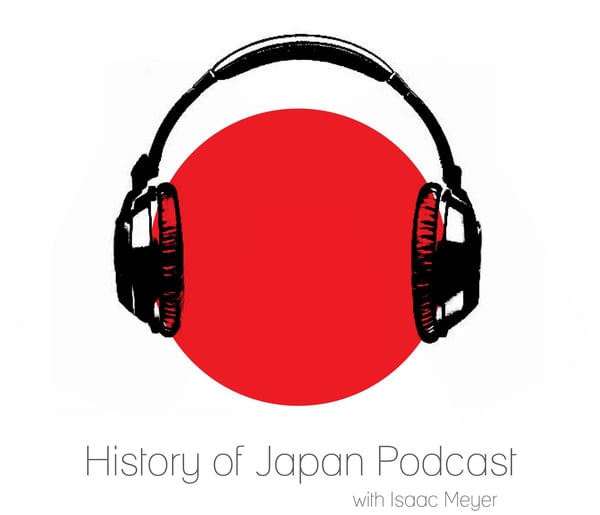Episode 190 - Lifting the Lost, Part 8
History of Japan
Isaac Meyer
4.8 • 744 Ratings
🗓️ 22 April 2017
⏱️ 28 minutes
🧾️ Download transcript
Summary
This week: what was it like to live through the Occupation? How did people get by? And why is Kurosawa Akira objectively the greatest director ever?
Transcript
Click on a timestamp to play from that location
| 0:00.0 | Thank you. Hello and welcome to the History of Japan podcast, episode 190, lifting the Lost, part eight. |
| 0:48.0 | Up until today, we've spent a lot of time on the macro-level policies of the occupation, |
| 0:53.1 | on how, meticulously, the Americans went about |
| 0:56.5 | remaking Japan in an American image via policy and law. Those things are incredibly important. |
| 1:03.9 | There is a reason we spent most of the series on them. And yet, perhaps the most interesting |
| 1:10.2 | part of the occupation is the way in which it thrust people from opposite ends of the world and from very different cultures together. |
| 1:18.1 | Today, I want to take a brief look at what it was like to live through the occupation on the ground. |
| 1:25.0 | Now, one of the most important things to note about the occupation is that what it was like depended a lot on where you were. |
| 1:34.2 | If you lived near the halls of power in Tokyo or near what had been a major Imperial Navy bases in Yokosta or in Kure, you could expect to see a lot of Americans. In the former |
| 1:46.3 | cases, government officials, in the latter cases, active duty servicemen making use of the Navy's |
| 1:52.3 | former facilities for themselves. By contrast, if you lived in a rural backwater like Niigata |
| 1:58.5 | or Shimane, well, you'd be a real outlier if the number |
| 2:02.1 | of Americans you saw ever entered the double digits. |
| 2:06.9 | One of the more intriguing features of the occupation was the degree to which it simply |
| 2:11.9 | made use of existing structures in Japan. |
| 2:16.2 | Picture one of those social pyramid images you probably saw in your high school social studies |
| 2:20.3 | textbooks, where the powerful people are on top and the less powerful ones are on the bottom, |
| 2:25.4 | and now imagine the top of the pyramid just getting lopped off and replaced with a big American flag. |
| 2:31.2 | That's basically the occupation in a nutshell. |
| 2:36.5 | More or less everyone beneath a certain level of seniority kept their jobs and simply changed who they reported to. That meant, |
| 2:42.2 | simply put, if you weren't someone important, you weren't going to see that many Americans. |
| 2:47.6 | Of course, there was one outlier in the other direction, Okinawa. |
... |
Please login to see the full transcript.
Disclaimer: The podcast and artwork embedded on this page are from Isaac Meyer, and are the property of its owner and not affiliated with or endorsed by Tapesearch.
Generated transcripts are the property of Isaac Meyer and are distributed freely under the Fair Use doctrine. Transcripts generated by Tapesearch are not guaranteed to be accurate.
Copyright © Tapesearch 2025.

